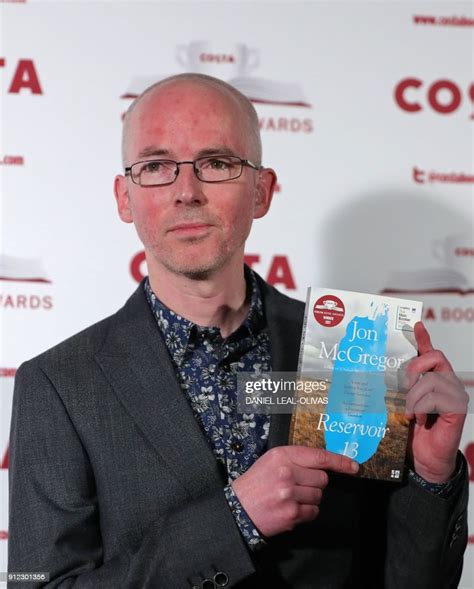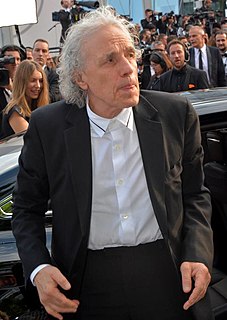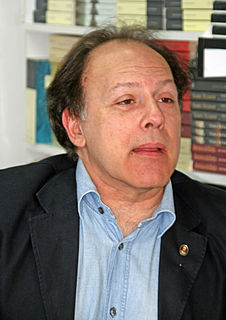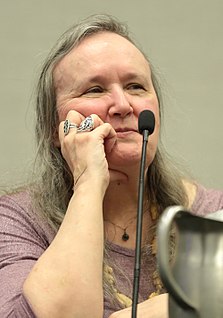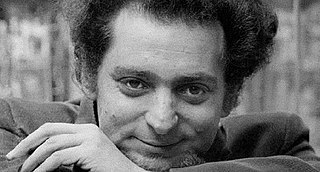A Quote by Martin Heidegger
The song still remains which names the land over which it sings.
Related Quotes
If you listen, you can hear it. The city, it sings. If you stand quietly, at the foot of a garden, in the middle of the street, on the roof of a house. It's clearest at night, when the sound cuts more sharply across the surface of things, when the song reaches out to a place inside you. It's a wordless song, for the most, but it's a song all the same, and nobody hearing it could doubt what it sings. And the song sings the loudest when you pick out each note.
I did enjoy singing the song, called "The Count", which is Count Olaf's big song that he sings to the kids when they first arrive with his henchpeople. He wrote it himself, and he thinks he's really, really talented, and it's a terrible song. So we had to learn intentionally bad choreography... We did these almost Lady Gaga-ish kind of movements, which were just awful, but that made me laugh
And in "Elbow Room" the cast sings the glories of westward expansion in the United States, which involved the murder of native peoples and the violent conquest of half of Mexico. Among the lines in the song is one that intones, "There were plenty of fights / To win land right / But the West was meant to be / It was our Manifest Destiny?" Let it suffice to say that happily belting out a tune in which one merrily praises genocide is always easier for those whose ancestors weren't on the receiving end of the deal.
The god which the vast majority of professing Christians love is looked upon very much like an indulgent old man, who himself has no relish for folly, but leniently winks at the indiscretions of youth...For one sin God banished our first parents from Eden; for one sin all the posterity of Canaan fell under a curse which remains over them to this day; for one sin Moses was excluded form the promised land; Elisha’s servant smitten with leprosy; Ananias and Sapphira were cut off from the land of the living.
The truth never shines forth, as the saying goes, because the only truth is that which is known to no one and which remains untransmitted, that which is not translated into words or images, that which remains concealed and unverified, which is perhaps why we do recount so much or even everything, to make sure that nothing has ever really happened, not once it's been told.
Ecclesiastes names thee Almighty, the Maccabees name thee Creator, the Epistle to the Ephesians names thee Liberty, Baruch names thee Immensity, the Psalms name thee Wisdom and Truth, John names thee Light, the Book of Kings names thee Lord, Exodus names thee Providence, Leviticus Sanctity, Esdras Justice, creation names thee God, man names thee Father; but Solomon names thee Compassion, which is the most beautiful of all thy names.
This is how space begins, with words only, signs traced on the blank page. To describe space: to name it, to trace it, like those portolano-makers who saturated the coastlines with the names of harbours, the names of capes, the names of inlets, until in the end the land was only separated from the sea by a continuous ribbon of text. Is the aleph, that place in Borges from which the entire world is visible simultaneously, anything other than an alphabet?


